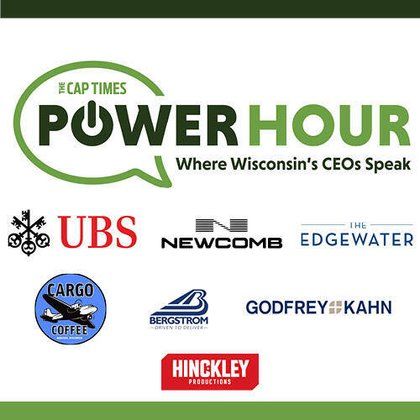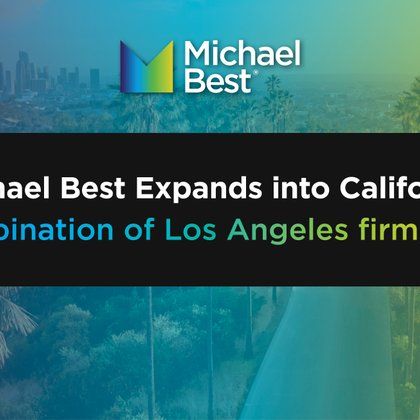By Spencer X. Smith
Entrepreneur Sahil Lavingia has been making waves in the startup business world ever since he began raising capital for his company, Gumroad. His groundbreaking approach to funding has attracted the attention of investors, advocates, and media outlets alike, all intrigued by this novel means of raising capital.
On March 15, 2021, Lavingia’s timing couldn’t have been better as he initiated his launch sequence on the very day the Federal Regulation Crowdfunding (RegCF) limit soared from $1.07 million to $5 million. The opportunity this presented was unprecedented, and Lavingia was quick to seize it.
Lavingia commenced his crowdfunding round for Gumroad, setting a $100 minimum and a $1,000 maximum investment. The company was valued at a staggering $100 million, an ambitious figure that seemed to only stoke the fire of interest among investors. The response was overwhelmingly positive, and within 12 hours, Gumroad had reached the maximum Reg CF limit of $5 million. The feat wasn’t just a victory in numbers; it also represented a transformation of over 7,000 individual investors into dedicated advocates for the company.
The success story was so notable that Forbes even published an article about it. The crowdfunding effort, despite its unconventional approach, had quickly turned Gumroad into a business sensation.
Regulation Crowdfunding, enacted by the U.S. Securities and Exchange Commission (SEC), allows entrepreneurs to raise capital directly from the public. The rules of RegCF came into effect in May 2016 as part of Title III of the JOBS Act. This revolutionary regulation expanded the pool of potential investors, moving beyond accredited investors to include anyone interested in investing in a startup.
RegCF funding portals are platforms that facilitate these transactions between companies and investors. They operate under strict SEC and FINRA rules to ensure transparency, investor protection, and compliance with securities laws. The three largest portals are currently StartEngine, Republic, and WeFunder.
But what about the laws involved with RegCF funding portals? There are several key regulations. First, companies can raise a maximum of $5 million in a 12-month period. Second, individual investors are subject to investment limits based on their annual income or net worth. Additionally, all transactions must take place through an SEC-registered intermediary, either a broker-dealer or a funding portal.
As part of the regulatory compliance, these portals must also provide educational materials to ensure investors understand the risks involved. They must take measures to reduce the risk of fraud and provide channels for communication between investors and companies.
While each portal has its unique appeal and approach, all must adhere to the laws and regulations established by the SEC and FINRA to ensure fair, transparent operations.
Following his RegCF raise, Lavingia wasn’t finished yet. He set his sights higher and initiated a Roll Up Vehicle (RUV) through AngelList on May 5, 2021. He promptly informed all the crowdfunding investors about this new initiative: a $2.5 million raise as a Simple Agreement for Future Equity (SAFE), a $250 million pre-money cap with a 20% discount, and a minimum investment set at $5,000.
Fast forward to June of 2023, Gumroad’s success story is still going strong. Lavingia recently made an exciting announcement via Twitter, asking Gumroad investors to look for an email about a forthcoming dividend. For the first time in its history, Gumroad is set to pay dividends to its investors on July 1.
But the truly intriguing part of this narrative lies ahead. Come January 1, 2024, a regular dividend payout is scheduled. This innovative twist not only adds a layer of interest to Gumroad’s unique journey but also opens a new chapter in how startups can consider funding and rewarding their investors.
From capital raising, crowdfunding, to paying dividends, Gumroad, under the savvy leadership of Sahil Lavingia, has redefined the rules of the startup game. In doing so, the company has shown that non-traditional routes to success can be just as, if not more, effective than the well-trodden path. As the countdown to the first regular dividend payment begins, the world watches in anticipation of what Lavingia and Gumroad will do next.
Smith, of Madison, is an entrepreneur, business management consultant and speaker on tech-related topics. He is a member of the Wisconsin Technology Council’s board of directors.





